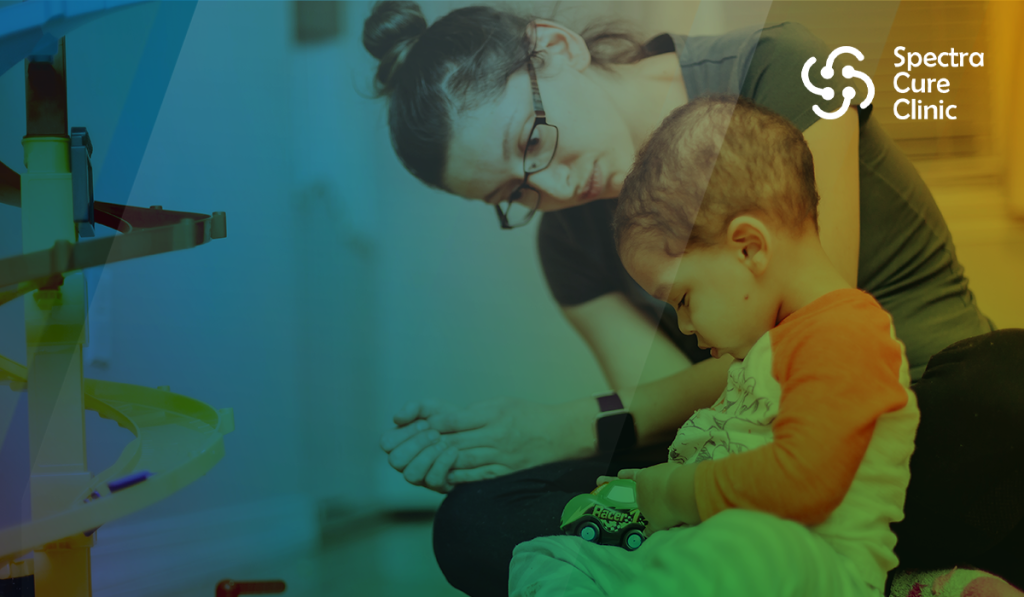
Cognitive Insights: Supporting Children with Autism
Autism is a complex condition that affects cognitive development in unique ways,
often unrelated to verbal communication skills. Whether a child with autism is
nonverbal or speaks minimally, their ability to understand and learn is frequently
much stronger than it appears. This disparity underscores the importance of
accurate assessment and targeted therapy.
A recent study involving 1,470 children found that nearly 50% of non-verbal and
less communicative children achieved higher scores in non-verbal intelligence
compared to their verbal skills. This highlights a critical challenge in assessing
children with developmental delays. The evaluation of a child’s cognitive abilities
is significantly influenced by their motor skill development, which is frequently
lagging in many children with autism. Understanding these nuances is essential
for accurate assessment and support strategies.
How Can We Assess Cognitive Abilities in Children Who Struggle with
Motor Control?
Speech and expressive language rely on the coordination of the muscles in the
mouth, throat, and vocal cords. If we pose a question to a child with autism who
cannot control the muscles responsible for speech, how can we determine if they
know the answer?
The same issue arises when we wait for a child to point to something to confirm
their understanding. For instance, if we ask a child to point to a pen or a tree we
depend on their ability to control their body, which, in many cases, they are
unable to do.
Severe genetic mutations are linked to both intellectual disabilities and motor
issues. A study conducted in 2015 by Wigler and colleagues demonstrated that
harmful mutations increase the likelihood of cognitive challenges in children with
autism.
From our perspective as autism therapists, this cognitive delay in autistic children
is directly related to their motor skill development. Consequently, it becomes
nearly impossible for autistic children to demonstrate their understanding of what
they receive cognitively.
Addressing Cognitive Challenges: Methylation and Brain Chemistry
At our clinics in Cairo and Dubao, our therapies often focus on enhancing brain
function through targeted interventions like methylation support.
Methylation plays a crucial role in regulating neurotransmitters such as
dopamine, serotonin, and GABA, which are essential for attention, memory, and
task execution. Supplements like B12 and SAMe, alongside dietary adjustments,
are frequently used to improve executive functions and cognitive skills.
These treatments also focus on strengthening cell membrane health, which is
vital for overall brain performance. By addressing biochemical imbalances,
children can experience noticeable improvements in focus, comprehension, and
daily functioning.
We aim to bridge the gap between cognitive potential and physical expression.
Recognizing that nonverbal children or those with delayed development can still
benefit from specialized interventions is critical to improving their quality of life.
Rather than assuming cognitive delays based solely on a lack of communication,
it’s vital to approach these children with an open perspective. This ensures that
they receive the right support, unlocking their hidden potential.
For parents seeking expert guidance in Cairo or the Gulf area, our specialized
clinic provides hope and practical solutions to enhance cognitive development,
communication, and overall well-being.
Post Views: 494

